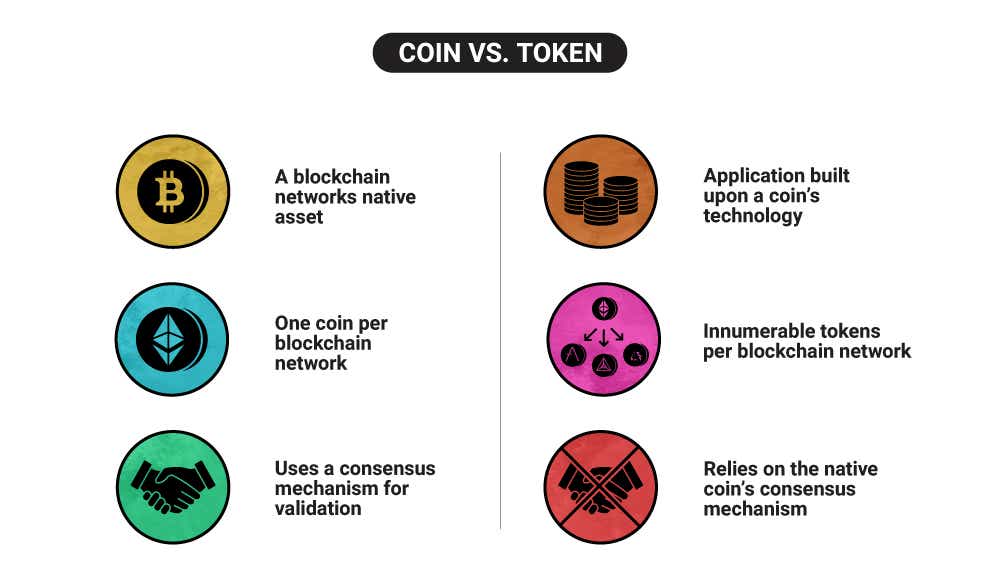What are all the cryptocurrencies
The selection of crypto casino games at 7Bit can be described in one word – excellent. There are over 5,000 games to play right from the start, most of which come from quality providers like BGaming and Betsoft red dog casino free chip.
Not at most crypto casinos, as many crypto casinos tend to operate exclusively in crypto without offering the option to withdraw using a traditional payment method, such as PayPal or a debit card. With that said, if you want to enjoy your winnings in your local pub, you must sell the bitcoin you win and withdraw the money for it in your bank account.
Practically speaking, Ripple operates very similarly to Bitcoin, but on a technical level, the two could not be any more different. Unlike Bitcoin, Ripple is more of a peer-to-peer payment transfer tool that also happens to have its own currency rather than a dedicated “coin” that needs other wallets and services to be kept in. Due to that, its transactions are extremely fast, and any XRP tokens can be instantly converted into other currencies.
Are all cryptocurrencies the same
Those tokens have no monetary value whatsoever. Moreover, they have no value outside of the system itself. As such, general acceptance is never even a question. It is not necessary. Only those using the shipping system itself have any need for the tokens.
Finally, genuine cryptocurrency systems have mechanisms in place to deal with competing instructions for transferring ownership of units. A genuine crypto system will only execute one of the sets of instructions based on parameters established within its code.
However, this does not mean that altcoins are interchangeable with each other. Quite the opposite. Altcoins are all built on the same basic framework as bitcoin and share some of bitcoin’s basic characteristics, and altcoins can all be traded like bitcoin, but each one is distinct. For example, one major altcoin, Ethereum, is minable, but altcoins like Stellar are not.
A cryptocurrency is deflationary when it has a fixed supply, meaning fewer coins are created over time. Inflationary cryptocurrencies have no supply cap and continue to increase in circulation. Understanding this difference can help you assess long-term value, especially if you’re holding or trading different types of digital assets.
Cryptocurrencies register all information about transactions on the blockchain record. Therefore, the details of all cryptocurrency transactions stay in the public domain. Anyone can access information about the transactions and learn all the details without any bureaucratic or legal hurdles.

Are all cryptocurrencies based on blockchain
Transactions on the blockchain network are approved by thousands of computers and devices. This removes almost all people from the verification process, resulting in less human error and an accurate record of information. Even if a computer on the network were to make a computational mistake, the error would only be made to one copy of the blockchain and not be accepted by the rest of the network.
Bitcoin was the first cryptocurrency to see the light of day, back in 2009. But it wasn’t the cryptocurrency alone that prompted such international interest. Many believe that the more important novelty was Bitcoin’s underlying blockchain technology. Introducing decentralized peer-to-peer blockchains, the technology took the world by storm. For a few years, blockchain ledgers were the defining characteristic of any cryptocurrency. But that all changed with the official launch of IOTA.
Each of them puts into practice a different consensus algorithm. Nano, formerly called Raiblocks, implements the so-called Block-lattice. With Block-lattice, every user gets their own chain to which only they can write. Additionally, everyone holds a copy of all of the chains. Every transaction is broken down into a send block on the sender’s chain, and a receive block on the receiver’s chain. The problem of Block-lattice is that it is vulnerable to penny-spending attacks. These involve inflating the number of chains that nodes must track by sending negligible amounts of cryptocurrency to empty wallets.
Teresa Halvorson is a skilled writer with a passion for financial journalism. Her expertise lies in breaking down complex topics into engaging, easy-to-understand content. With a keen eye for detail, Teresa has successfully covered a range of article categories, including currency exchange rates and foreign exchange rates.
Disclaimer: Our articles are NOT financial advice, we are not financial advisors. All investments are your own decisions. Please conduct your own research and seek advice from a licensed financial advisor.
Some companies experimenting with blockchain include Walmart, Pfizer, AIG, Siemens, and Unilever, among others. For example, IBM has created its Food Trust blockchain to trace the journey that food products take to get to their locations.
